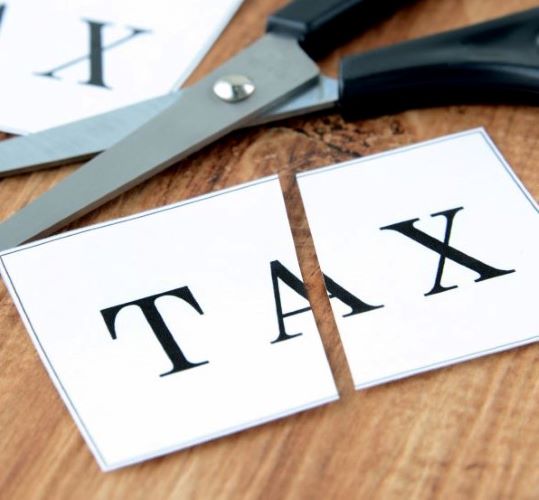If a tax return has been filed but the balance due remains unpaid, there are many options available to pay the balance due or to work out a payment plan with the IRS. Taxpayers may pay taxes by electronic funds transfer, credit card, check, money order or cash; see below for more detail on these options:
- Taxpayers can use Direct Pay to pay directly from a checking or savings account. This service is free.
- Taxpayers can take advantage of the Electronic Federal Tax Payment System (EFTPS) to pay by phone or online. EFTPS is a free service of the U.S. Department of Treasury.
- Taxpayers may also initiate a debit or credit card payment. The IRS doesn’t charge a fee for this service, but the processing company may. Fees vary by company.
- Taxpayers may pay by check or money order made payable to the United States Treasury (or U.S. Treasury) either in person or through the mail.
- Taxpayers should not send cash through the mail. They can pay cash at some IRS offices or at a participating PayNearMe location. Some restrictions apply.
If a taxpayer is unable to pay, they should contact the IRS as soon as possible as the IRS has several payment options available
Online Payment Agreement
For individuals who owe $50,000 or less and businesses that owe $25,000 or less in taxes, penalties, and interest, they may qualify for an online payment agreement if all tax returns have been filed. For most taxpayers, this can be set up in just a few minutes. Online applications to establish payments plans are available Monday to Friday, 6 a.m. to 12:30 a.m., Saturday, 6 a.m. to 10 p.m. and Sunday 6 p.m. to midnight.
Installment Agreement
Taxpayers who don’t qualify for a payment agreement, may still qualify for an installment agreement. These agreements can be paid via direct deposit from a bank account or a payroll deduction to avoid defaulting on the agreement.
Offer in Compromise
If a taxpayer can’t pay their entire bill, they may qualify to settle their tax bill for less by submitting an offer in compromise. The IRS has an Offer in Compromise Pre-Qualifier tool to determine eligibility.
It is important to resolve a tax liability as soon as possible before the IRS files a lien. In order to not fall behind in the future, taxpayers should consider increasing their tax withholding by filling out a new W-4. For those that have income not subject to withholding, it is important to make quarterly estimated tax payments to avoid penalties.
If you can’t pay the balance due, it is still important to file your tax return on time to avoid a late filing penalty, which is 5% of the taxes owed for every month that your tax return is late, up to a maximum of 25%. It is also important to file because payment options can’t be set up until the tax return is filed.
Please contact Selden Fox if you have any questions about late payments, late filing, or how to avoid tax penalties.





